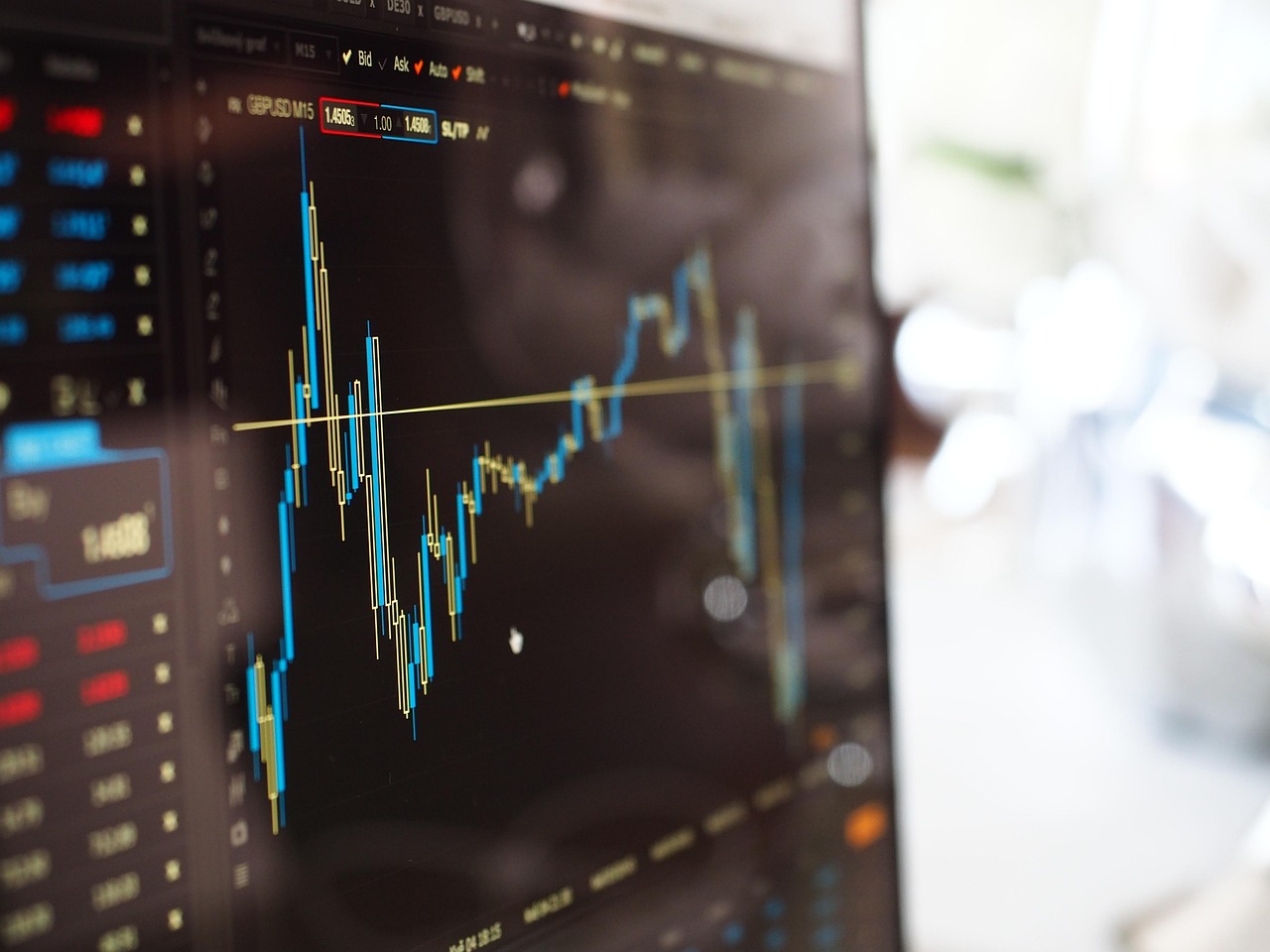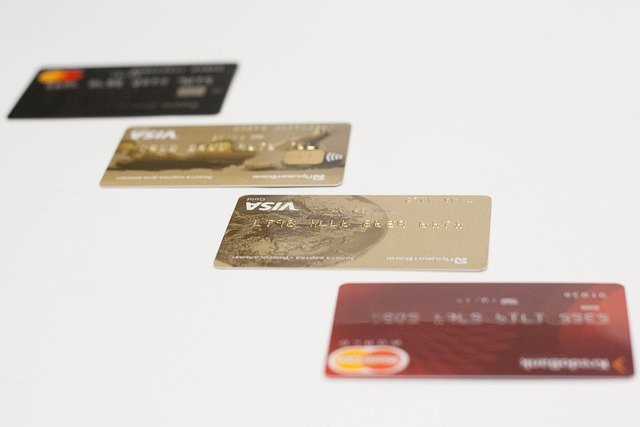Online Trading and Platforms: features, fees and how to get started
Start online trading and Picking a trading platform means balancing tools, fees and support. This guide explains account types, available markets, charts and education, plus regulation and basic risk concepts. Demo accounts and practice tools can help you learn before committing real money.

What are regulated platforms and fees?
Regulated platforms operate under strict financial oversight from authorities like the Financial Conduct Authority (FCA) in the UK or similar bodies in other jurisdictions. These platforms must maintain segregated client accounts, provide investor compensation schemes, and follow transparent reporting requirements. Regulation ensures your funds remain protected and that the platform operates fairly. Fee structures vary significantly between providers, typically including spreads, commissions, overnight financing charges, and withdrawal fees. Some platforms charge fixed commissions per trade, while others operate on variable spreads that widen during volatile market conditions. Understanding these costs upfront helps you choose a platform that aligns with your trading frequency and investment size.
How do demo accounts help you practice?
Demo accounts provide risk-free environments where you can practice trading with virtual money while accessing real market data and platform features. These accounts typically mirror live trading conditions, allowing you to test strategies, familiarize yourself with platform interfaces, and understand how different market instruments behave. Most reputable platforms offer unlimited demo access, though some may impose time restrictions or reset balances periodically. Demo accounts prove particularly valuable for testing automated trading systems, exploring advanced order types, and building confidence before committing real capital. They also help you evaluate whether a platform’s features and interface suit your trading style and preferences.
What tools, charts and education resources are available?
Modern trading platforms offer comprehensive analytical tools including real-time charts with technical indicators, economic calendars, market news feeds, and research reports. Charting packages typically include dozens of technical indicators, multiple timeframes, and drawing tools for trend analysis. Educational resources range from basic tutorials explaining market fundamentals to advanced webinars covering complex trading strategies. Many platforms provide daily market analysis, video courses, and interactive learning modules. Some offer social trading features where you can observe and copy experienced traders’ positions. These educational components prove essential for developing trading skills and staying informed about market developments that could affect your positions.
How do you get started with online trading?
Getting started requires selecting a regulated platform, completing account verification, and making an initial deposit. The verification process typically involves providing identification documents, proof of address, and answering questions about your trading experience and financial situation. Most platforms have minimum deposit requirements ranging from £100 to £500, though some allow smaller initial amounts. After funding your account, you can begin with small position sizes while learning platform features and market dynamics. Many traders start by focusing on a single market or instrument before expanding their activities. Setting realistic expectations and starting with amounts you can afford to lose remains crucial for long-term success.
| Platform | Account Minimum | Commission Structure | Key Features |
|---|---|---|---|
| IG Markets | £250 | Spreads from 0.6 pips | Advanced charting, market analysis |
| Plus500 | £100 | Variable spreads | User-friendly interface, mobile app |
| eToro | £200 | Variable spreads, copy trading fees | Social trading, cryptocurrency options |
| Interactive Brokers | £0 | From £1.50 per trade | Professional tools, global markets |
Prices, rates, or cost estimates mentioned in this article are based on the latest available information but may change over time. Independent research is advised before making financial decisions.
Online trading platforms continue evolving with technological advances, offering increasingly sophisticated tools and competitive pricing structures. Success in online trading depends on choosing the right platform for your needs, understanding associated costs, and developing solid trading skills through education and practice. Whether you’re interested in stocks, forex, commodities, or cryptocurrencies, taking time to research platforms thoroughly and starting with demo accounts can significantly improve your chances of achieving your trading objectives while managing risks effectively.




